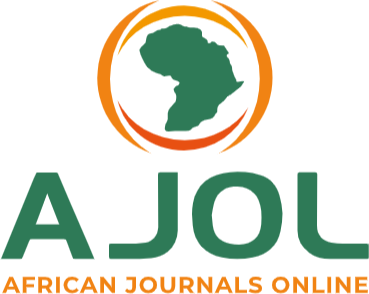The Phenomenon of demonstrations in the Arab countries and their social dimensions
دراسة ظاهرة المظاهرات في الدول العربية وأبعادها الاجتماعية
Abstract
This study aims To identifythe factors and causesThat lie behindthe outbreakof demonstrations and protests thatbroke outand sweptMany Arab countriesDuring the years 2018 and 2019, As a natural reaction to the suffering of the Arab peoples from the oppression of their rulersIn addition to That, it deals with the repercussions of the demonstrations in the Arab countries. The researcher has used the descriptive analytical method in reviewing the concept ofprotests and demonstrations, as this method is appropriate for answering the study questions. He study concluded that Arab demonstrations and protests has been found as a result of the procedure of the repressive Arab regimes toward its peoples ,It has affected all the political, economic andsocial aspects of life.
Downloads
References
Brooker, P. (2008). Authoritarian regimes. In D. (Caramani, Comparative politics (pp. 134-154). New York: Oxford University Press.
Khondker, H. (2011). Role of the new media in the Arab Spring. Globalizations.
Loader, B, & Merca, D. (2011). Networking democracy? Information, Communication & Society.
Radsch, C. (2013). Digital dissidence and political change: cyberactivism and citizen journalism. Doctoral disseration.
- Arabic references in English :
Abu Sin, A. I. (1996). The Use of Incentive and Intimidation Methods to Combat Administrative Corruption. Arab Organization for Security Studies and Training.
Al-Asadi, T. K., & Al-Shaboot, M. G. (2018). The Arab Spring Storm and Political Transformations in the Arab Region. Arab Democratic Centre. Berlin, Germany.
Al-Juhari, M., and others. (1995). Social Problems, 1st ed. University Knowledge House, Alexandria.
Al-Khazraji, T. K. M. (2004). Modern Political Systems and Public Policies: A Contemporary Study in Power Management Strategy, 1st ed. Majd Lawi Publishing and Distribution House. Amman, Jordan.
Al-Kilani, M. A. (1992). Directing the Muslim Nation: Factors of Its Health and Illness, 1st ed. Supreme Judicial Council and Religious Affairs, Qatar.
Al-Kilani, M. A. (2002). Thus Emerged the Generation of Salah al-Din and Thus Returned Jerusalem, 3rd ed. Al-Qalam Publishing House, Dubai.
Basyouni, F. (1998). The Problem of Illiteracy. Alexandria Book Centre, Egypt.
Bin Nabi, M. (1991). Major Issues, 1st ed. Dar Al-Fikr. Damascus.
Jad Al-Rab, H. (2005). Geography of the Arab World, 1st ed. Dar Al-Ilm for Publishing and Distribution, Cairo.
Hamadi, S. (1975). Political Parties and Party Systems, 2nd ed. Guidance Press, Baghdad.
Ayad, A. (2006). Introduction to Social Research Methodology. University Publications Department, Algeria.
Mahmoud, A. S. (1973). Guide to Scientific Research Methodology. Al-Maaref Publishing House, Egypt.
Wali, K. H. (2003). The Problem of Legitimacy in Arab Political Systems: with Reference to the Algerian Experience, 1st ed. Centre for Arab Unity Studies, Beirut.
Saadi, K. (2019). Iraq's Internet Disruption Losses Exceed Half a Billion Dollars. Retrieved on 01/10/2020, from https://www.alaraby.co.uk/economy/2019/10/11.
Algerian Constitution, Article 88.
Arab Monetary Fund (April 2019). Arab Economic Outlook Report, 9th ed.
Arab Monetary Fund (September 2018). Arab Economic Outlook Report.

This work is licensed under a Creative Commons Attribution-NonCommercial 4.0 International License.




















